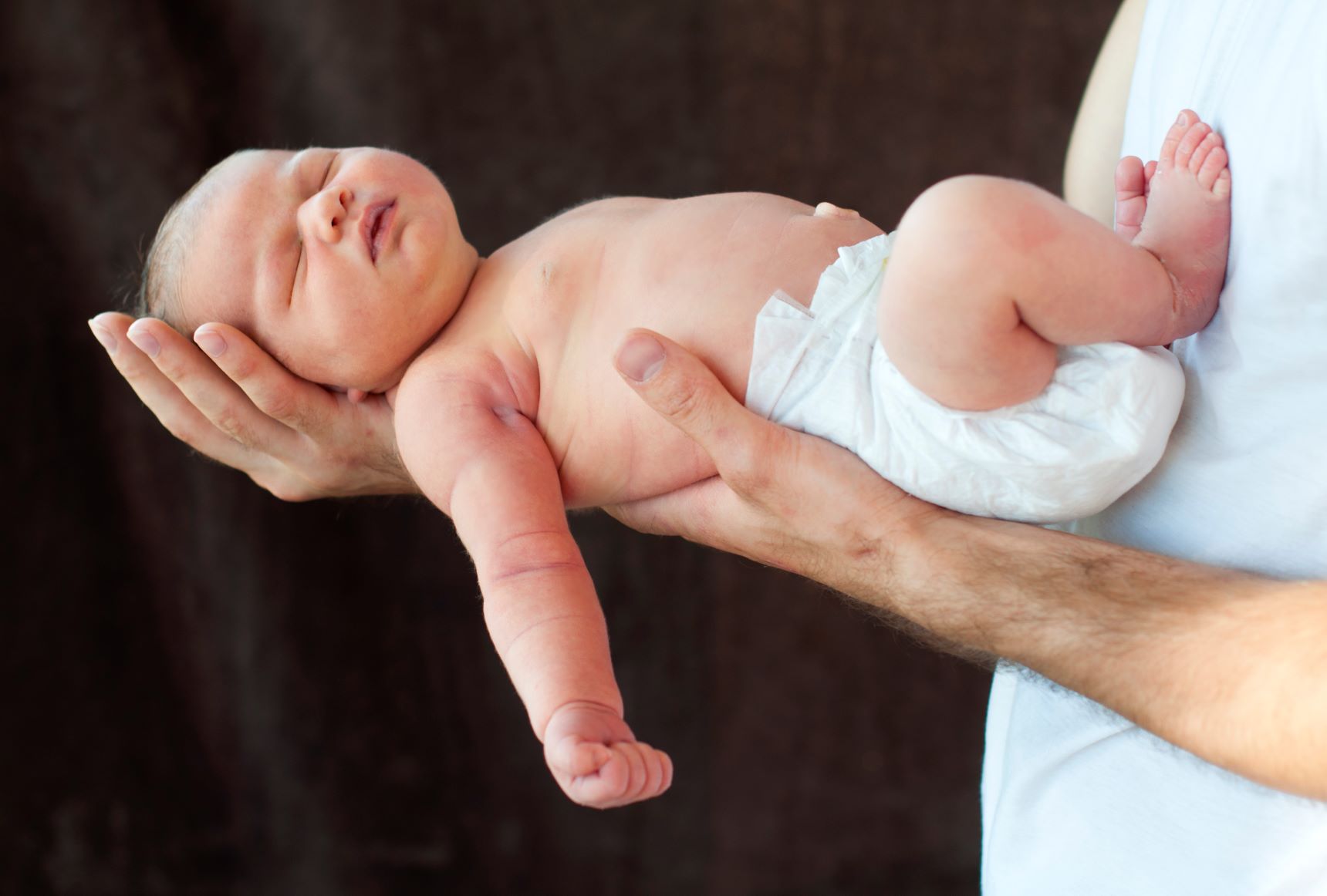Search
Showing results for "early childhood"


Research
Febrile respiratory illnesses in infancy and atopy are risk factors for persistent asthma and wheezeThe aim of this study was to explore associations between severe respiratory infections and atopy in early childhood with persisting wheeze and asthma.
Research
Maternal educational attainment in pregnancy and epigenome-wide DNA methylation changes in the offspring from birth until adolescenceMaternal educational attainment (MEA) shapes offspring health through multiple potential pathways. Differential DNA methylation may provide a mechanistic understanding of these long-term associations. We aimed to quantify the associations of MEA with offspring DNA methylation levels at birth, in childhood and in adolescence.

One in three children in WA suffer iron deficiency leading to poor sleep, fussy eating, and behavioural difficulties. This project aims to develop mechanisms to prevent and treat the problems before they become clinically significant and translate findings to other communities to improve childhood wellness.
Research
A great way to bring up health behaviour topics at playgroup: a qualitative evaluation of the Healthy Conversations @ Playgroup programThe early years is a critical stage to establish optimal nutrition and movement behaviours. Community playgroups are a relaxed environment for parents with a focus on social connection and supporting parents in their role as 'First Teachers'. Playgroups are therefore an opportunistic setting to promote health behaviours in the early years.
Research
Trajectories of interparental conflict and children's emotional-behavioural functioning at 10-11 years: an Australian population-based studyInterparental conflict (IPC) has the potential to adversely affect children's social, emotional, and behavioural functioning. The overall objective of this study was to investigate the relationship between both the severity and chronicity of IPC across early and middle childhood and children's emotional-behavioural functioning at 10-11 years. Specifically, we aimed to: (1) identify distinct trajectories of IPC spanning 10-11 years since birth of the study child as reported by mothers, and (2) examine the emotional-behavioural functioning of children exposed to the identified IPC trajectories.
Research
Prevalence of allergic sensitization, hay fever, eczema, and asthma in a longitudinal birth cohortThe aim of this study was to longitudinally assess the prevalence of allergic sensitization, asthma, eczema and hay fever from infancy to adulthood
Research
A genome-wide approach to children's aggressive behavior: The EAGLE consortiumCommon variants at 2p12 show suggestive evidence for association with childhood aggression

Antibiotic dysbiosis and probiotics trial on infants
